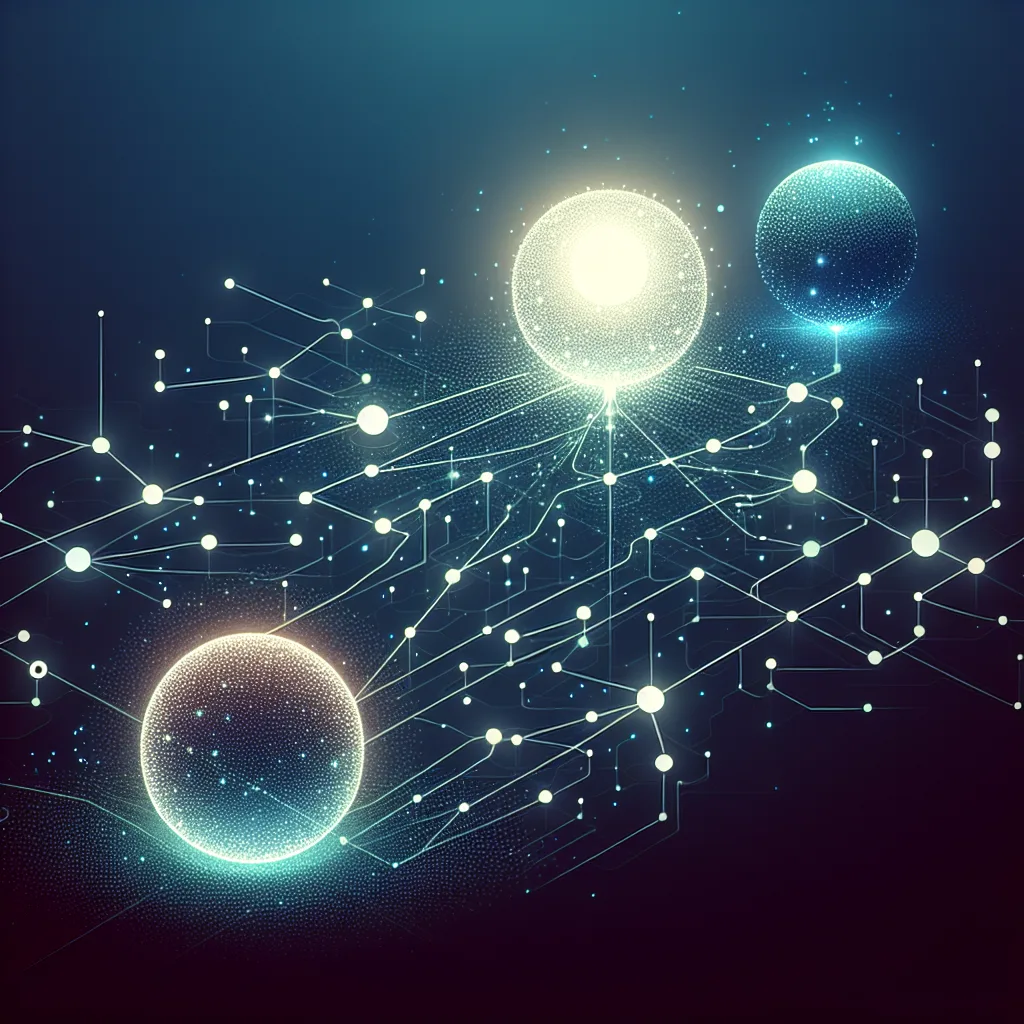I’ve been thinking a lot about the future of the AI market. Will we get one Google-like winner, or something else entirely?
A friend asked me a fascinating question the other day: what’s the endgame for the AI industry? Not the sci-fi, robot-takeover stuff, but the actual business landscape. It’s a question that’s been bouncing around my head ever since, making me wonder about the future of the AI market. Will one company eventually dominate artificial intelligence the way Google dominates search or Facebook (Meta) dominates social media? Or is a different reality more likely?
It’s easy to see why we default to the “one winner” theory. We’ve seen it happen before. A company achieves a critical mass of users or data, creating a powerful network effect that competitors find almost impossible to break. For AI, the argument is that one company might build a foundational model so powerful and gather so much proprietary data that it creates an insurmountable lead. But I’m not so sure it’s that simple. When we look at the history of tech, other patterns emerge that might offer a better roadmap for what’s to come.
The Future of the AI Market: A Duopoly?
Let’s consider another possibility: the operating system model. For decades, the desktop world has been dominated by two major players, Microsoft and Apple. You could even argue for a third with the rise of Linux and ChromeOS, but the core dynamic has been a duopoly. Could the future of the AI market look similar?
It’s a compelling thought. You could imagine a world where it’s essentially a two-horse race, perhaps between giants like Google and the OpenAI/Microsoft partnership. Each would have its own ecosystem, its own strengths, and its own dedicated user base, much like the Mac vs. PC debates of the past. Data from sources like Statcounter Global Stats shows just how entrenched this two-player system became in the PC world. This scenario is plausible because the resources required to build cutting-edge AI models are astronomical, creating a high barrier to entry that only a few companies can overcome.
Or, A More Crowded and Vibrant Ecosystem?
But there’s a third option that feels even more intuitive to me. What if AI is less like a search engine and more like the cloud computing or enterprise software market? In that world, you don’t have one or two winners. You have a handful of massive players—Amazon Web Services, Microsoft Azure, Google Cloud—all competing fiercely, but also coexisting. A recent report from TechCrunch highlights this multi-polar reality in the cloud space.
This scenario feels right for AI because “AI” isn’t a single product. It’s a foundational technology, a utility that will be woven into everything. Some models will be brilliant at writing code. Others will excel at creating photorealistic images. Some will specialize in scientific research, while others will power the world’s customer service bots. This suggests a future where numerous large companies thrive by specializing. We could see an Oracle for database AI, an Adobe for creative AI, and a Salesforce for business and sales AI, all alongside the broader, generalist models from Google and OpenAI.
What Makes the AI Race So Different?
So, what is it about AI that will shape this outcome? A couple of things.
First, the cost. The computational power needed to train a state-of-the-art AI model is immense, a topic publications like Wired have covered in depth. This factor favors the giants with deep pockets, pushing the market toward a monopoly or duopoly.
However, there’s a powerful counter-force: open source. The rise of powerful, openly available models is a huge democratizing force. It allows smaller companies and startups to build on top of existing technology without starting from scratch, fostering a more diverse and competitive landscape.
Ultimately, I’m betting on the third scenario. The future of the AI market seems destined to be a busy, competitive, and specialized space. AI is just too broad and too fundamental to be owned by a single entity. It’s more like electricity than a search engine—a utility that will power countless different applications in ways we can’t even imagine yet. And that, to me, is a far more interesting future.
